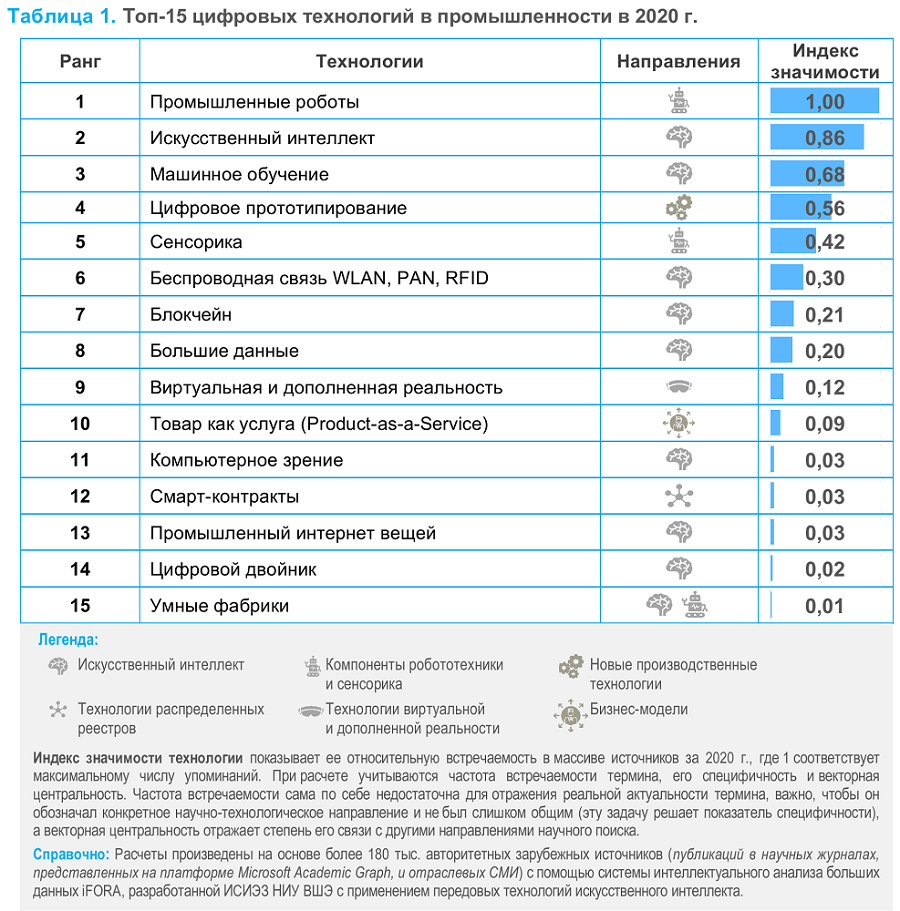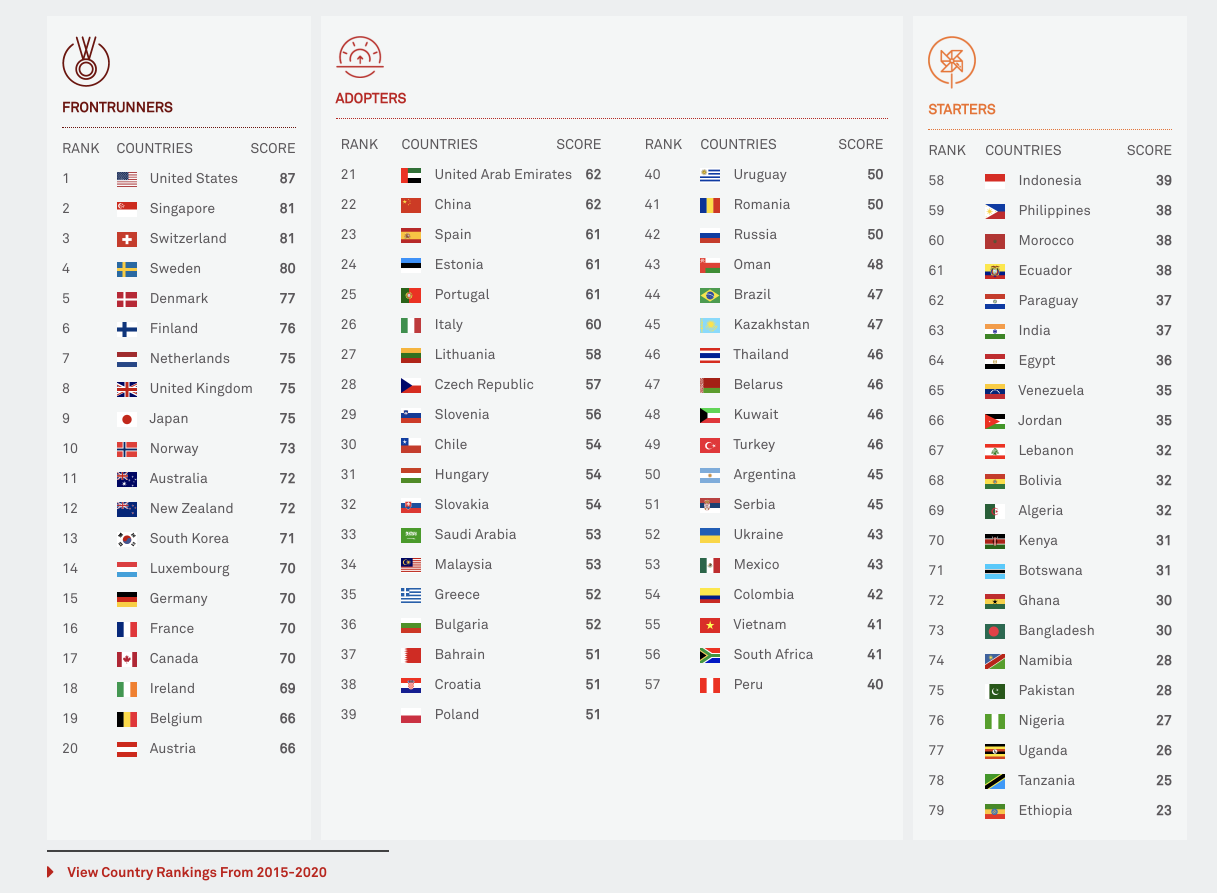This pocket data book by HSE contains the most recent statistical data representing the level and dynamics of the digital economy development in the Russian Federation.
International comparisons are provided for a number of indicators. The data book includes information of the Ministry of Digital Development, Communications and Mass Media of the Russian Federation, Russian Federal State Statistics Service (Rosstat), Russian Central Bank (Bank of Russia), Organisation for Economic Co-operation and Development (OECD), European Statistical Office (Eurostat), International Telecommunication Union (ITU), United Nations Conference on Trade and Development (UNCTAD), World Intellectual Property Organisation (WIPO), and results of own methodological and analytical studies of the HSE Institute for Statistical Studies and Economics of Knowledge.
Key findings:
- 65% of the adult population in Russia use mobile phones (smartphones) to access the Internet outside of home or work. In Italy and Japan - only 39% of the population, and in the Republic of Korea - 96%.
- There is the smallest share of Internet users (23%) in Russia who read online newspapers, magazines or download e-books.
 HSE (Higher School of Economics)
HSE (Higher School of Economics)Top 15 digital technologies in manufacturing industry
A research of the most important digital technologies in manufacturing industry.Read more HSE (Higher School of Economics)
HSE (Higher School of Economics)Internet infrastructure of Russia during the pandemic
An analysis of the demand for telecom infrastructure in Russia against the backdrop of a sharp increase in Int...Read more Huawei
HuaweiGlobal Connectivity Index 2020
Russia is included in the Adopters cluster and ranked 42nd.Read more Mediascope
MediascopeInternet audience in Russia in 2020
Internet penetration among the youngest Russians (12-24 years old) approached nearly 100% in 2020.Read more
By clicking the button you agree to Privacy Policy
Supported by the Moscow Government
Content and Editorial:tech@ict.moscow
